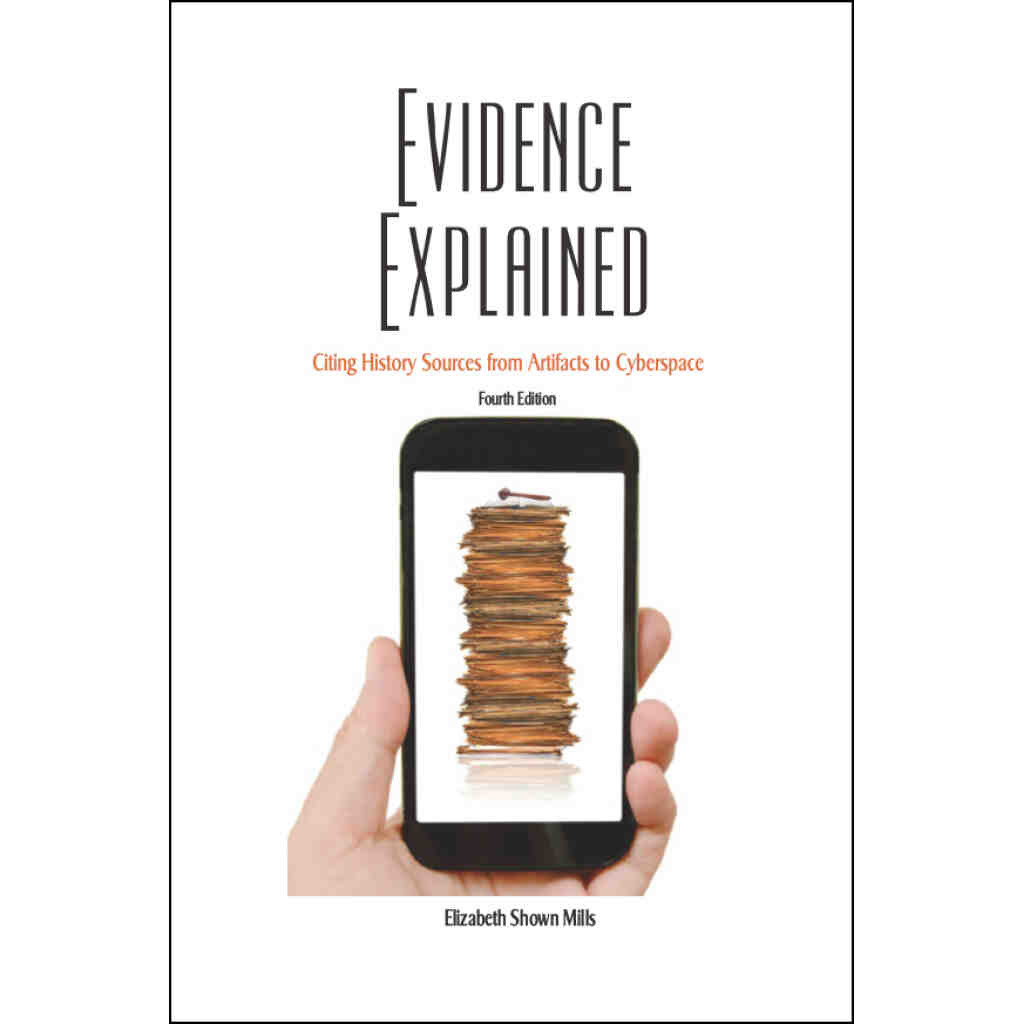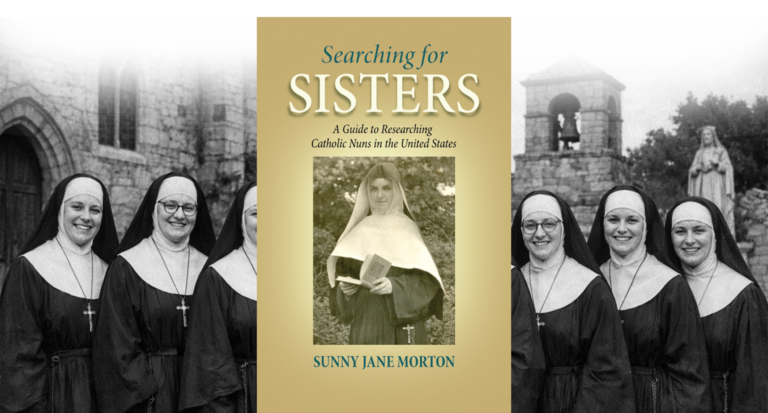
Our Research Conclusions: Are they Hypotheses? Theories? Or Proof? – By Elizabeth Shown Mills, CG, CG, FASG
Since 2007, Evidence Explained: Citing History Sources from Artifacts to Cyberspace has been the “Bible” for history researchers—offering not only citation models but also guidance in the analysis and use of sources. Over the next several blog posts, we present excerpts from Chapters 1 and 2 of EE’s new fourth edition: Fundamentals of Research & Analysis, and Fundamentals of Citation & Style.
(EE4: 1.3)
Each assertion we make as history researchers must be supported by proof. However, proof is not synonymous with a source. The most reliable proof is a composite of information drawn from multiple sources that meet three criteria:
- They represent quality materials;
- They are independently created; and
- They accurately report the original circumstances.
For history researchers, there is no such thing as proof that can never be rebutted. We were not there when history happened, and the eyewitness accounts of those who were — if and when those accounts exist — may not be reliable. Every conclusion we reach about circumstances, events, identities, or kinships is simply a decision we base upon the weight of the evidence we have assembled. Our challenge is to accumulate the best information possible and to train ourselves to skillfully analyze and interpret what it has to say.
In this process, we typically reach conclusions of three types, each of which carries a different weight:
- Hypotheses are propositions based upon an analysis of evidence at hand. They are used to define a focus for additional research. In testing any hypothesis, we must labor to disprove it as diligently as we labor to prove it. Our role is not just that of judge and jury, but also devil’s advocate.
- Theories are tentative conclusions reached after a hypothesis has been extensively researched but the evidence still seems short of proof. A theory should never be presented as a fact. Any theory we propose should carry qualifiers. Perhaps, possibly, likely, and similar terms can express our degree of confidence in a theory, but we are still obliged to explain our reasoning.
- Proof is a conclusion based upon the sum of the evidence that supports a valid assertion or deduction. It’s a conclusion drawn from many sources — quality sources, all independently created. Proof must be backed by thorough research and documentation, by reliable information that is correctly interpreted and carefully correlated, and by a well-reasoned and written analysis of the problem and the evidence.
A conclusion cannot always be reached. When the accumulated materials are well appraised, the evidence may not support any decision at all. If it does not, then the question must remain open — the fact of the situation remains unknown — until sufficient evidence is developed.
If extenuating circumstances pressure for a decision (as with impending court testimony in a dispute over, say, historical property or heirship), then the researcher must present all relevant evidence, interpret it accurately, and appropriately qualify whatever hypothesis seems justified. This is commonly done using terms that denote levels of confidence, as discussed in this chapter at §1.6).
Recent Blog Posts




